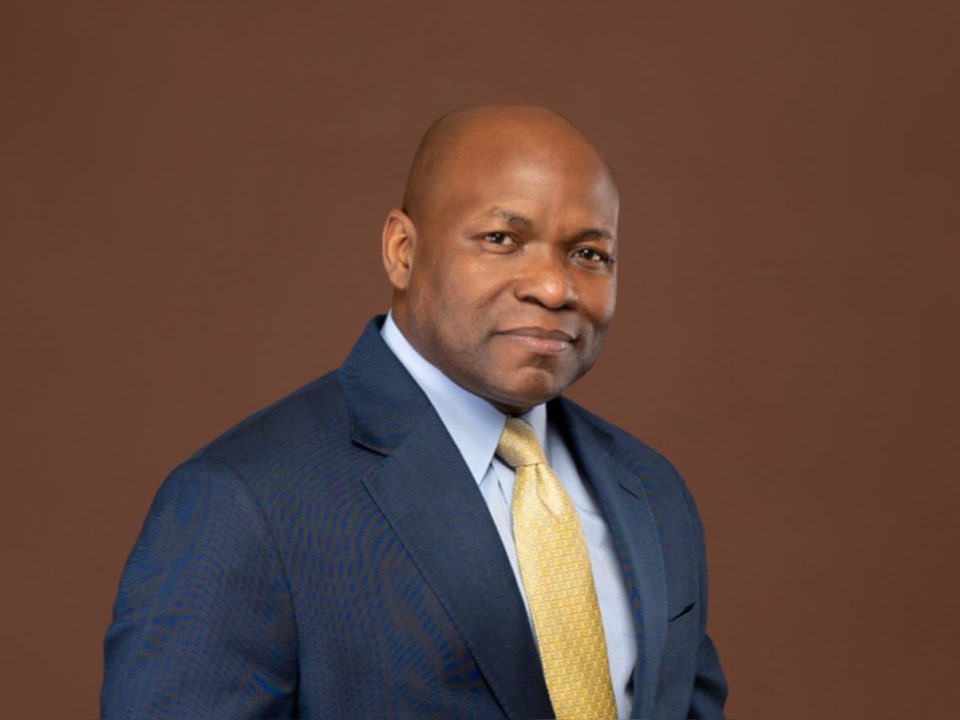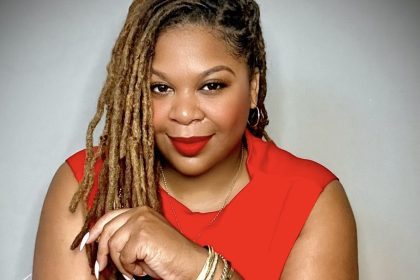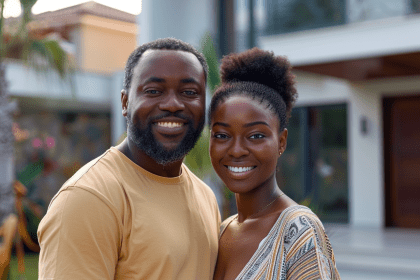
Dee Brown runs the P3 Group, which is the largest minority-owned real estate development company that focuses on public-private partnerships. Brown is also the CEO of P3 Group Charters, Inc., a yacht charter company in Fort Lauderdale, Florida, that owns and operates a 100-foot luxury yacht.
Brown is passionate about giving back to HBCUs, providing affordable housing and feeding those in need. Recently, he stopped by rolling out to discuss his career and gave advice to Black people who are looking to buy their first home. According to a 2021 American study done by Statista, 44.2% of Black citizens own a home, lower than any other race.
What is something Black people need to know going into purchasing their first home?
I think there are several things that African Americans, should know. Number one, you have to understand there are a number of programs out there. Whether it’s FHA (Federal Housing Administration), or the USDA (U.S. Department of Agriculture) in rural communities, there are a number of programs. The VA (Veteran Affairs) programs allow you to acquire a new home with minimal cash equity going into the transaction.
What are three ‘must-know-facts’ that Black people need to know when purchasing their first home?
Oftentimes, there’s this notion in the African American community that you need 20% equity to purchase a home, and that’s just simply not accurate with all of the programs that exist. Many of these programs are price-oriented and not necessarily income-oriented. As long as you buy within a certain price range, and I think that price ranges are maybe upwards of $400,000, you can buy and minimize that payment. That’s number one.
Number two would be credit. Understanding in order to purchase a home, you must have a minimum credit score; you must be conscious of the debt you take on as well as how you manage that debt. Make sure the debt you take on does not exceed a certain percentage of your income because typically, they’re going to want to see a house payment at around 31% maximum of your income in total debt. Somewhere around 41% of your gross income. Understanding the debt-to-income ratio is important.
Number three would be to understand when you purchase a home, just like when you purchase any other asset, you can make extra payments on your mortgage. You could pay your mortgage weekly, you could pay it twice a month, or you can make extra payments towards the mortgage on a weekly or monthly basis, and that would allow you to retire that debt much quicker. It would allow you to build equity much sooner, and it puts you in a better financial position from the standpoint of owning that home, and not having to carry so much debt.
What’s one valuable piece of advice that you can leave African Americans with?
Oftentimes, we in the Black community use our discretionary income for so many different things that are unimportant. However, just doing something as simple as making a weekly payment of an extra $50 or $100 a week towards your mortgage payment could help you retire that debt much sooner, and save you a significant amount of money in interest.
Press play below to hear the rest of the interview.
















